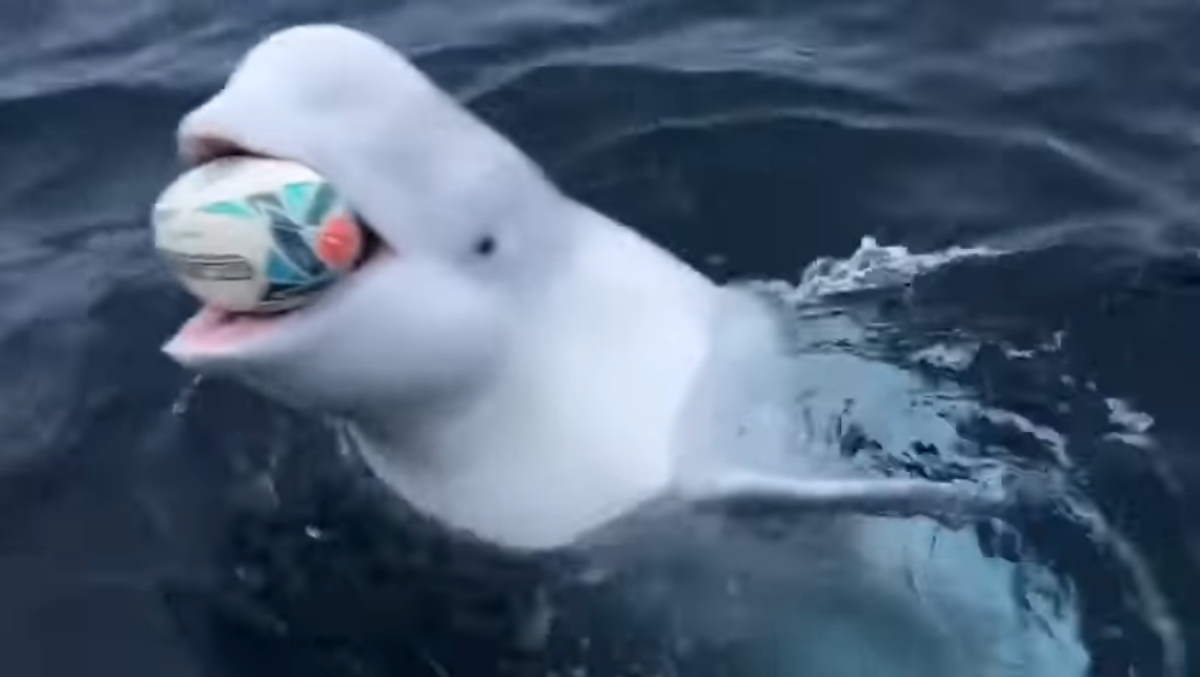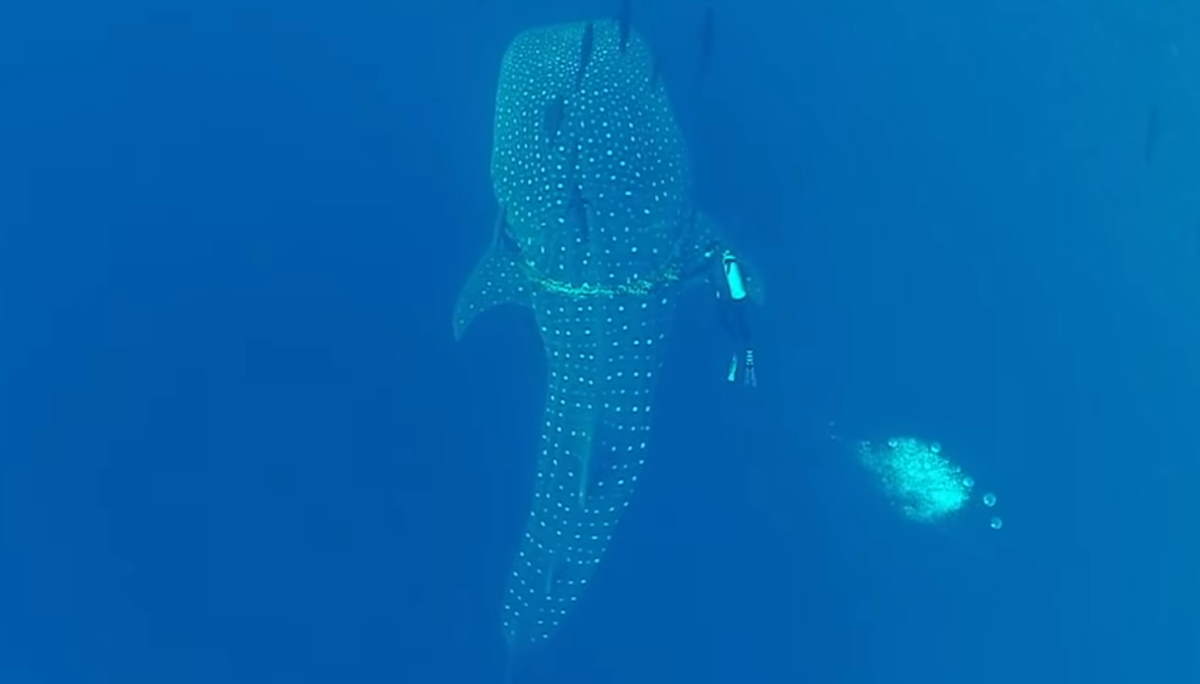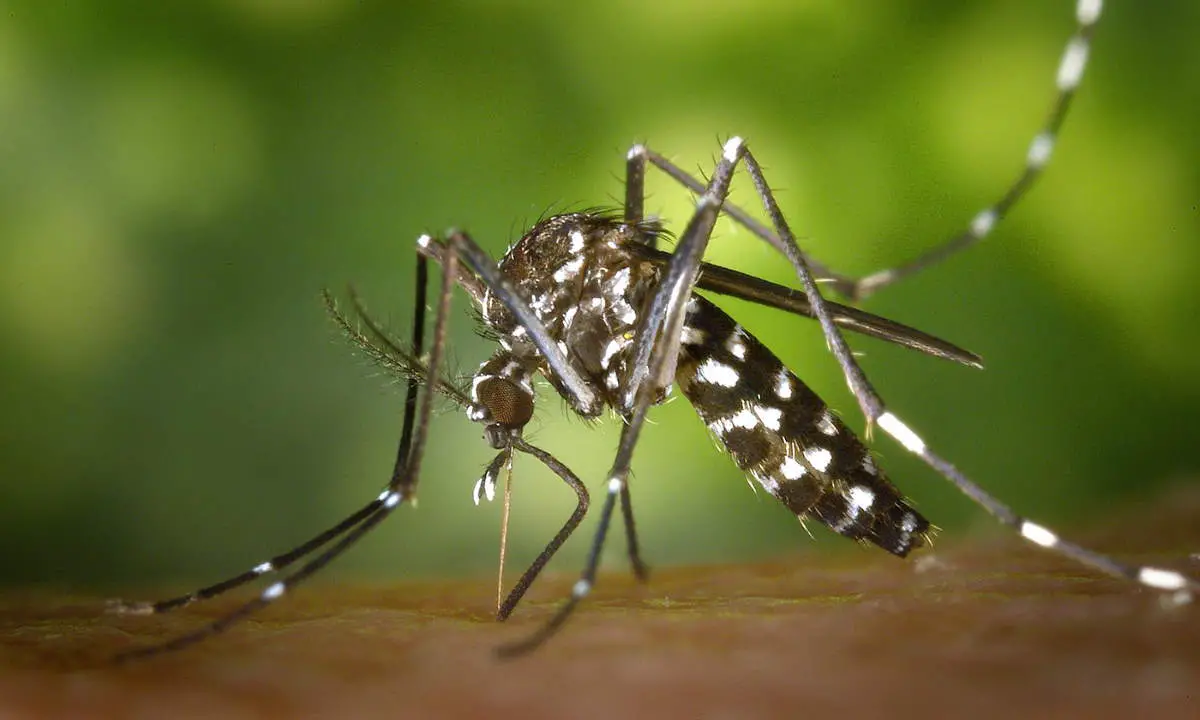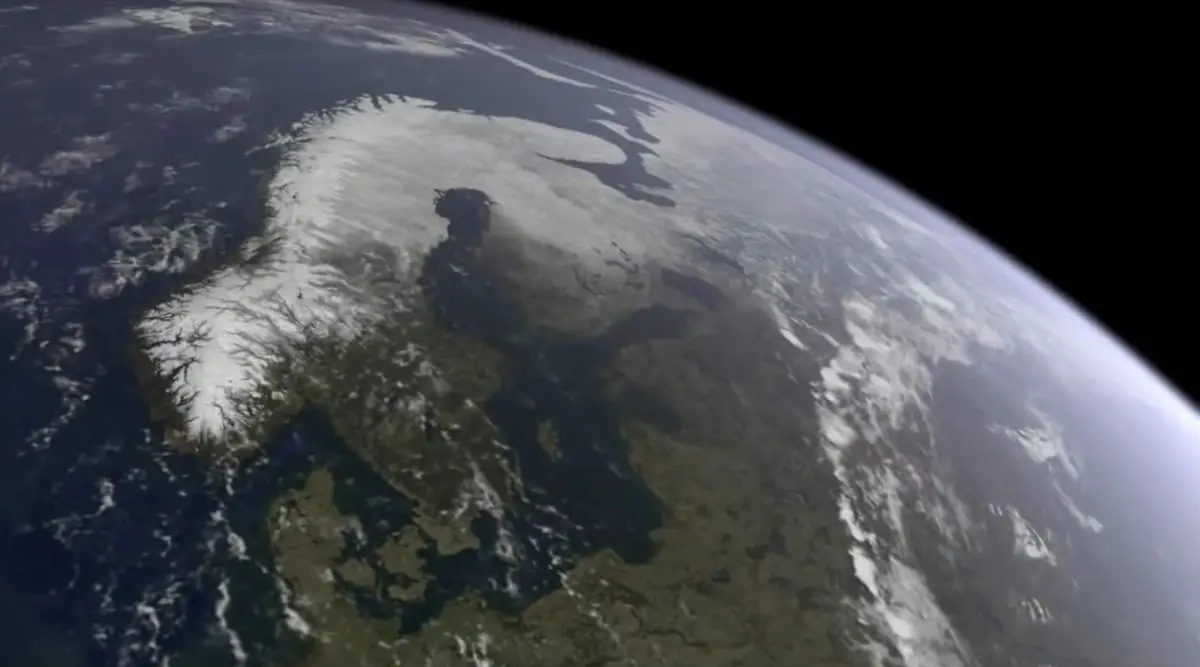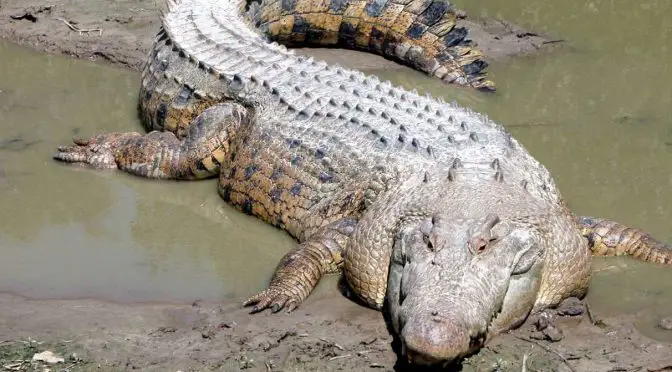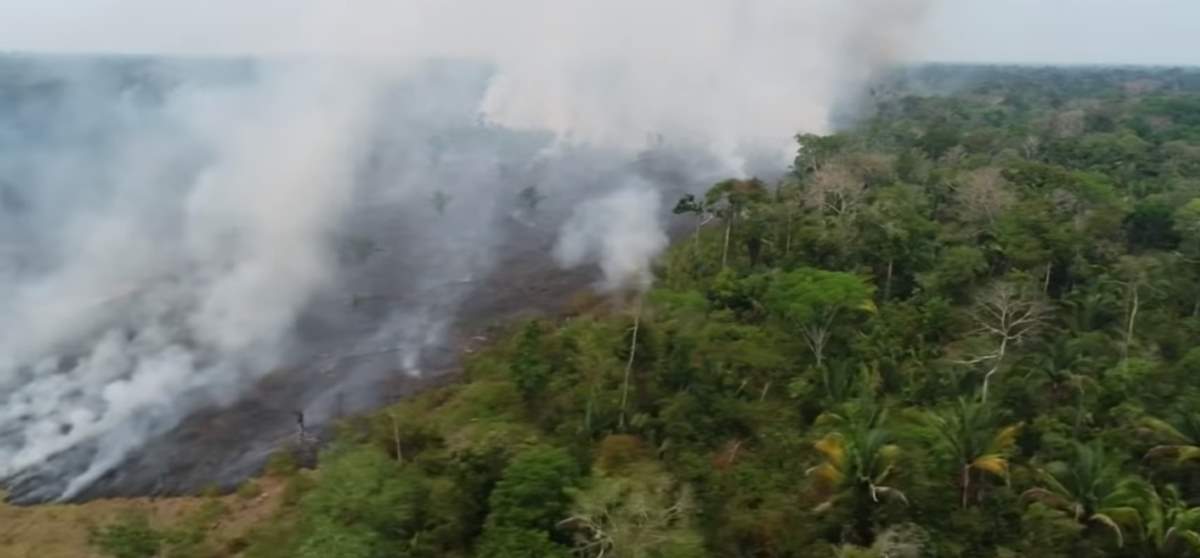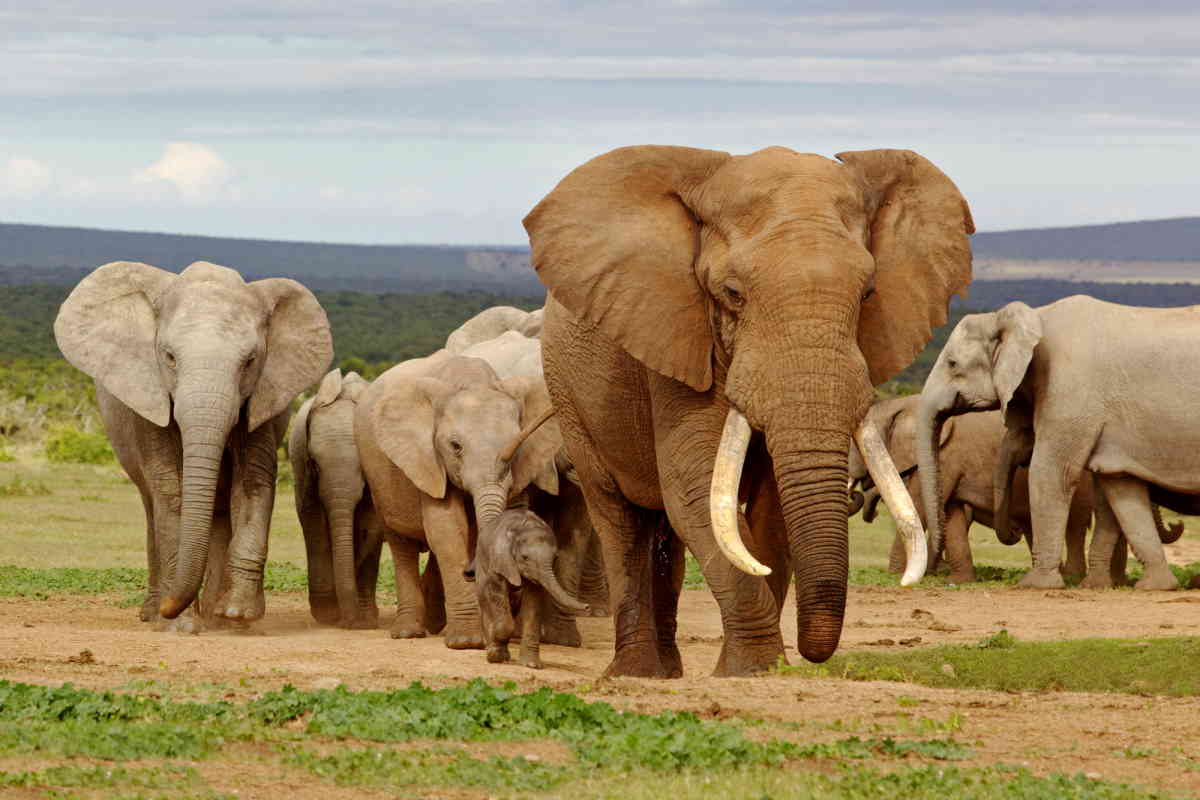The question of where the evolutionary cradle of modern humans lies has long intrigued scientists and historians. The East African Great Rift Valley has traditionally been viewed as the most likely birthplace. However, revolutionary research conducted recently presents a compelling alternative.
This groundbreaking study utilizes DNA evidence to trace back the origins of mankind to a prehistoric wetland known as Makgadikgadi-Okavango, located south of the Great Zambezi River. This finding significantly shifts the focus of anthropological inquiry from East Africa to Southern Africa.
In a landmark study published in the prestigious journal Nature, it was revealed that the earliest population of H. sapiens sapiens, our direct ancestors, emerged approximately 200,000 years ago in an area that encompasses parts of what is now modern-day Botswana, Namibia, and Zimbabwe.
The research unraveled a hitherto unappreciated chapter of human history, infusing fresh life into the story of human evolution. This revelation underscores the intricate tapestry of the human lineage and affirms the complexities underlying our understanding of human evolution.

